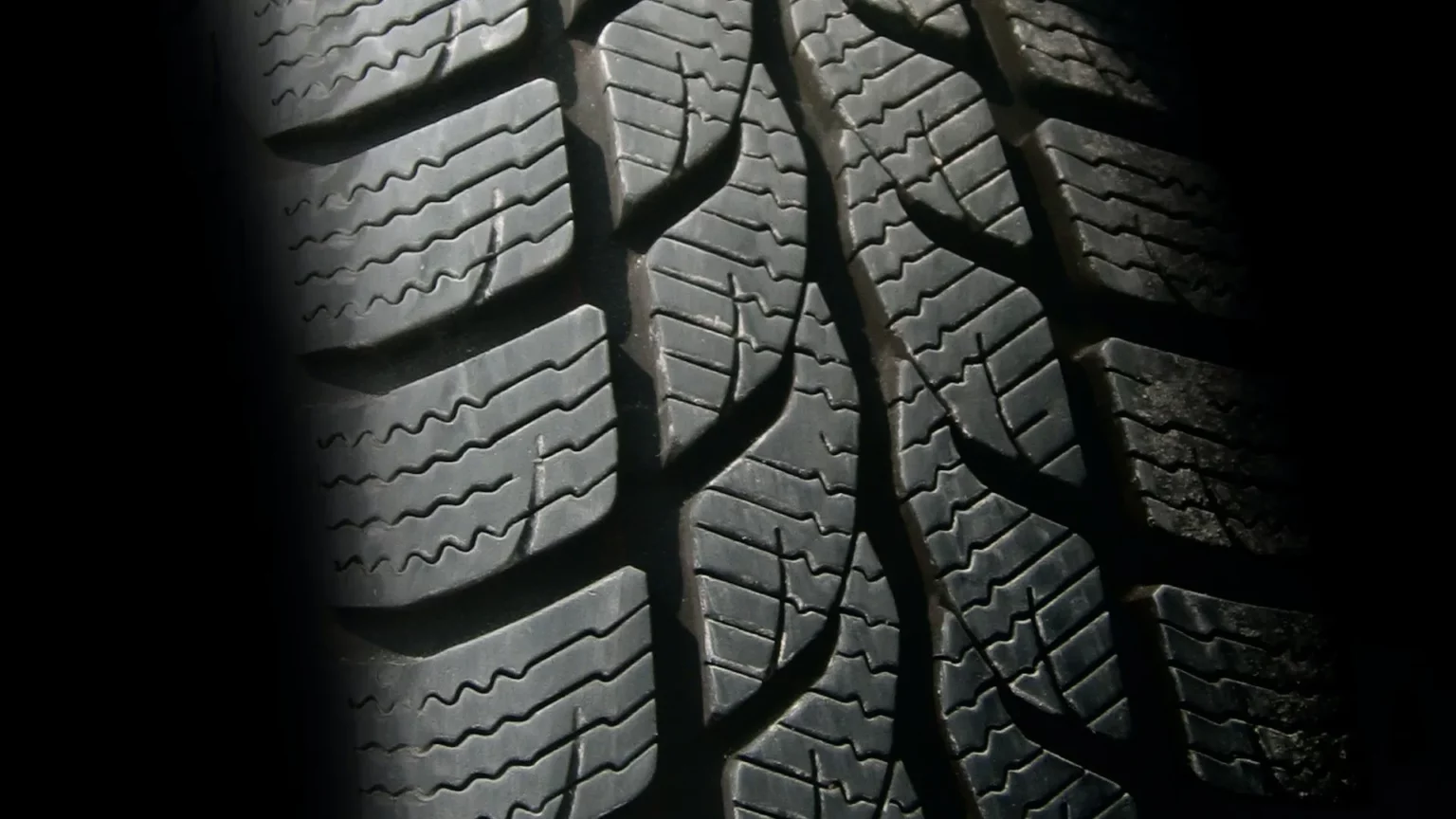Have You Been Injured From A Defective Tire Accident?

At some point in our lives, there’s a reasonable chance we’ll be involved in an auto accident of some sort.
Defective Tire Accident Injuries
A defective tire car accident in New Jersey is when a crash occurs due to the failure of one or more tires on a vehicle. Depending on the severity of the defect, it can be anything from minor damage to serious injury or death.
Defects can range from manufacturing defects, such as an improperly embedded steel belt, to improper tire maintenance, such as overinflation or inadequate tread depth. Drivers need to have their vehicles inspected regularly and check their tires for proper inflation and wear.
The liability of these types of accidents usually falls on either the driver or the manufacturer depending on who is at fault. If the driver was aware that there was a problem with the tire before getting into an accident, then they may be held liable for any damages or injuries that occurred.
The manufacturer may also be held liable if the tire was found to have a manufacturing defect, such as inadequate tread depth or an improperly embedded steel belt. In New Jersey, defective tire car accidents are taken seriously and can result in serious consequences depending on the severity of the accident.
Drivers should ensure they are adequately maintaining their tires and regularly inspecting them to help prevent potential accidents from occurring. It’s also important to know your rights under state law should you ever find yourself involved in one of these types of accidents. Knowing your rights could potentially save you from severe financial repercussions.
What are some common causes of a tire defect accident?
One of the common causes of a defective tire accident in New Jersey is incorrect installation. When an inexperienced technician performs tire installation, it can lead to improper inflation, misalignment, and over-tightening or under-tightening which can cause tires to fail prematurely on the road.
Poorly maintained roads can also contribute to a malfunctioning tire incident. Potholes, cracks, and other surface defects can weaken and wear out tires faster than normal operation leading to a blowout while driving.
Drivers must also be aware of inflated pressure levels as incorrect inflation can cause premature wear and tear on the treads resulting in a flat or blowout while traveling at speed. Finally, another possible cause of defective tire accidents could be due to manufacturer defects when a tire is designed poorly or made with faulty materials leading to premature failure.
No matter the cause, defective tires can lead to dangerous accidents and should be taken seriously by both technicians and drivers. Proper maintenance, inspection, and installation are key to avoiding such incidents from occurring.
New Jersey drivers need to understand their responsibilities when it comes to maintaining their vehicle’s tires. Regularly inspect your tires for any signs of wear and tear every 3-6 months.
Make sure all four tires are properly inflated according to the manufacturer’s guidelines as listed in your vehicle’s manual or on the side of the tire itself. Drivers should also avoid driving over potholes if possible as it could damage the treads or puncture the tire, leading to a blowout.
Finally, always make sure that any maintenance or installation tasks are done by a certified technician as incorrect installation could lead to serious consequences. By following these steps and understanding the potential causes of defective tire accidents in New Jersey, drivers can ensure they stay safe on the roads.
What recourse do victims have?
Someone in New Jersey who has been involved in an accident caused by a defective tire can sue to seek damages. A successful lawsuit will require the plaintiff to prove that the tire was indeed defective and that the defect caused or contributed to the crash.
The plaintiff must also demonstrate that they suffered losses as a result of the crash and those losses were due to the negligence of the manufacturer, distributor, or retailer. If successful, a plaintiff may be able to collect damages for medical expenses, lost wages due to time off work, pain and suffering, property damage, and other related costs associated with the accident.
Plaintiffs may also be able to recover punitive damages if it can be shown that there was intentional misconduct or gross negligence on the part of the manufacturer, distributor, or retailer. It is important for anyone who has been injured in a defective tire accident to seek legal advice from an experienced attorney as soon as possible.
An attorney can review the case and advise on whether it is worth pursuing. They can also help determine fault and ensure that negligence claims are properly documented and presented in court if necessary. It’s also important to note that anyone looking to pursue litigation should do so within two years of the accident because New Jersey has a statute of limitations for personal injury cases.
As such, someone in New Jersey involved in an accident caused by a defective tire should take immediate action to ensure they protect their legal rights to pursue compensation if needed. An experienced lawyer can help ensure that all applicable laws are followed, and the best possible outcome is achieved.
How do I prove the defective tire caused the accident?
In a defective tire car accident personal injury case, the plaintiff must present evidence to prove that the defective tire caused the accident. This includes presenting evidence of a design or manufacturing defect in the tire and showing that it was connected to a failure of the tires which led to the accident.
The plaintiff will need to establish that there are no other factors that could have contributed to the cause of the accident before they can proceed with proving causation from a defective tire. This is typically done through an investigation into all aspects of the incident, such as weather conditions on the day of the crash, road surface conditions, vehicle maintenance records, inspection reports, and eyewitness accounts of what happened leading up to and during impact.
The plaintiff must also present evidence that the defective tire was the direct cause of the accident. This can be done through a detailed analysis and reconstruction of the incident, often with the assistance of an expert witness, as well as by providing medical records to show any resulting injuries or property damage attributed to the impact. Photographs and videos taken at the scene may also be used to provide further support for causation.
Ultimately, it is up to a jury or judge to decide whether or not negligence concerning a defective tire has occurred, but plaintiffs in these cases need to present sufficient evidence to prove their case. With this evidence, combined with an understanding of relevant law and applicable legal precedents, a defendant can be held liable for any resulting injuries or damages caused by the defective tire.
What is strict liability for tire defects?
In New Jersey, strict liability for tire defects is a legal doctrine that holds the manufacturer and/or seller of a defective tire liable for any resulting damages caused by the defect. This means that an injured person does not have to prove negligence on behalf of the manufacturer or seller to recover damages for injuries sustained due to a defective tire. Instead, the injured person must prove only that a defect caused their injury, and that they were using the product as it was intended.
The law of strict liability applies equally to both new tires as well as retreaded tires. In either case, if a tire defect causes an accident, then the manufacturer may be held liable regardless of whether they used reasonable care in inspection and design.
In addition, a person may be able to recover damages even if the defect was not immediately apparent or discovered at the time of purchase. If a tire defect is revealed after an accident has occurred and it can be shown that the defect was present in the tire since its manufacture, then the manufacturer could still be held liable for any resulting injuries.
For these reasons, it is important to always purchase high-quality tires from reputable companies and have them inspected regularly by a qualified professional. By doing so, you can reduce your chances of being injured due to a defective tire and ensure that you are protected in case something does go wrong. In New Jersey, strict liability for tire defects is an important legal doctrine that provides consumers with the protection they need from dangerous products.
In conclusion, strict liability for tire defects in New Jersey is a legal doctrine that holds manufacturers and sellers responsible for any damages caused by defective tires regardless of whether negligence was present. This means that the injured individual must only prove that the defect caused their injury, and not that the manufacturer or seller was negligent in some way.
By purchasing high-quality tires from reputable companies and regularly having them inspected by a qualified professional, you can help protect yourself and your family in case something does go wrong. Strict liability for tire defects is an important legal doctrine that provides consumers with the protection they need from dangerous products. It is important to familiarize yourself with this law to ensure you are properly protected from any resulting damages.
Warning, design, and manufacturing defects
Warning defects refer to when there is a potential tire issue that may arise due to use. This type of defect includes incorrect load inflation, aged tires, and improper maintenance. Warning defects are easily identifiable through visual inspection and do not necessarily require the purchase of new tires.
Design defects refer to an issue with a car’s tires that originates from design flaws or gas pockets in the rubber. Design defects are often difficult to identify as they can take years before they manifest as problems on the road. Examples of design defects include uneven tread wear, excessive flexing in sidewalls, and separation between tread blocks or plies.
Manufacturing defects occur during the production process of the tire and result from imperfections in material or subpar construction. Manufacturing defects can be identified through visual inspection, and they often manifest as bubbles, cuts in the sidewalls, chunks of rubber missing from tread blocks, and other physical deformities.
By understanding the differences between warning defects, design defects, and manufacturing defects in car tires, drivers can make informed decisions regarding their safety on the road. It is important to visually inspect tires regularly for any signs of wear that may indicate a potential defect. Additionally, car owners should consult with a professional mechanic or tire specialist if there are any doubts about potential tire issues. Regular maintenance and replacement of worn-out tires will help ensure safe driving conditions for all motorists on the road.
What compensation is available in New Jersey?
When a personal lawsuit is filed against the manufacturer of a defective tire due to an accident in New Jersey, victims may be able to seek several forms of compensation. These include compensatory damages, which are designed to make up for losses incurred as a result of the accident, such as medical bills and lost wages.
Victims can also seek punitive damages, which are meant to punish the defendant for their negligent or intentional actions that led to the accident. In addition, victims may be eligible for reimbursement of any out-of-pocket expenses they had to pay as a result of the incident. This includes items such as property damage repair costs, decreased property value due to damage caused by the accident, and more.
Finally, if there are any non-economic harms caused by the accident, such as physical pain and suffering or emotional distress, victims may be eligible to receive non-economic damages to compensate them for these losses. It is important to note that for a person to seek compensation they must be able to prove that the tire defect was indeed the cause of their accident. If this can be proven, then it may be possible for victims of a defective tire accident in New Jersey to receive the appropriate compensation for their losses.
In some cases, victims of a defective tire car accident in New Jersey may also have access to other forms of legal recourse. For example, if multiple people have been injured due to the same defective tire, they may be able to join together in a class action lawsuit to seek higher damages collectively. Additionally, if the tire manufacturer was aware of the defect and attempted to conceal it from consumers, they may be subject to criminal charges as well. It is important to speak with a qualified attorney to determine what type of legal recourse might be available and how best to proceed with your case.
By understanding their rights and options about seeking compensation for any losses suffered due to a defective tire accident, victims of such an incident in New Jersey can ensure that they can fully recover for their financial and emotional injuries. With the help of an experienced personal injury attorney, victims will have a better chance of receiving the justice they deserve after being wronged by a negligent or reckless tire manufacturer.
Bottom Line: Victims of a defective tire car accident in New Jersey may be able to seek several forms of compensation, including compensatory damages, punitive damages, reimbursement for out-of-pocket expenses, and non-economic damages. Additionally, other forms of legal recourse such as class action lawsuits or criminal charges may also be available in certain cases.
It is important to speak with a qualified attorney to determine what type of legal recourse might be available and how best to proceed with your case. Knowing the rights and options available can help victims get the justice they deserve after being wronged by a negligent or reckless tire manufacturer.
Related Blogs
No Fee Unless
GGL Wins
We've got you covered.
We are available 24/7/365
One of our advisers will contact you.

OFFICIAL PARTNER OF RUTGERS ATHLETICS



Recent GGL Wins
Auto Accident
Mediation award Plaintiff was injured in an intersection motor vehicle collision resulting in neck and lower back fusion surgeries.
$2 Million
Verdict
Workers Compensation
25-year-old laborer died in an industrial accident while working.
$1.15 Million
Verdict
Construction Accident
Roofer fell off roof causing head trauma resulting in a head injury. Plaintiff was not given fall restraint protection equipment by contractor.







